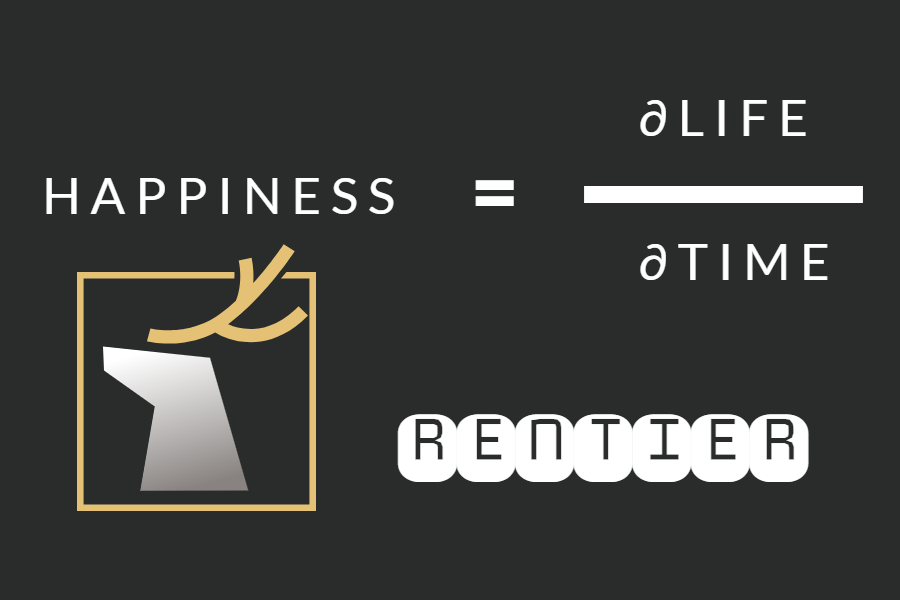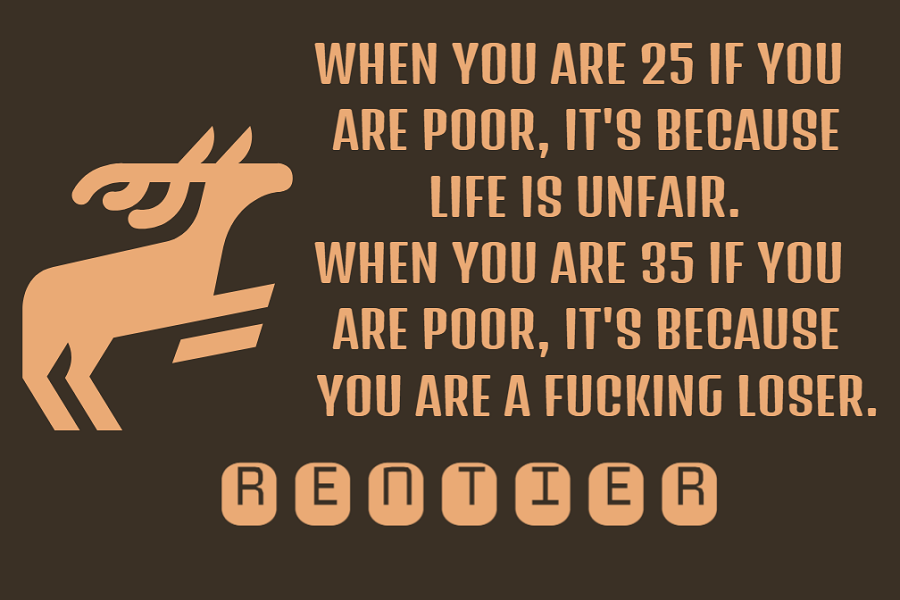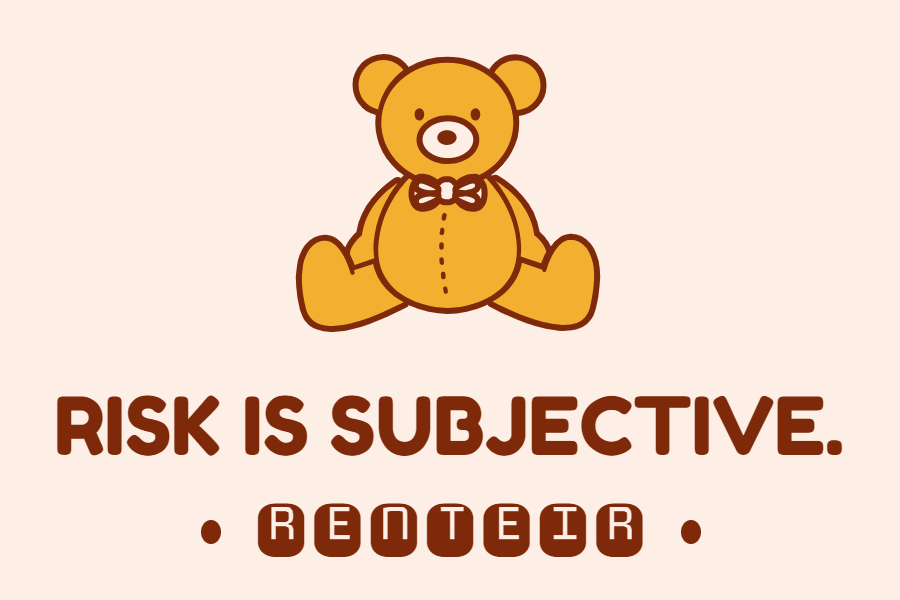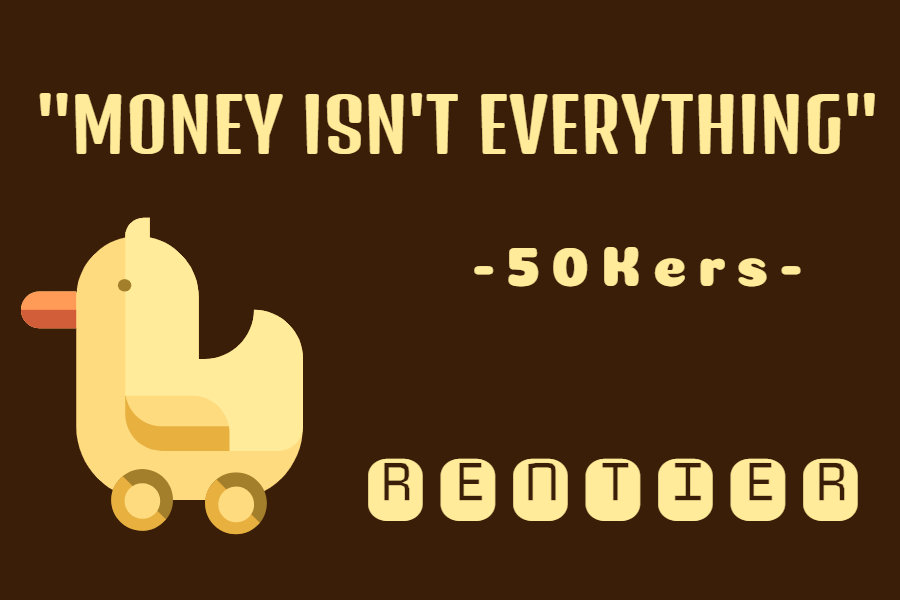
Reaching my first million in 2018 changed my relationship with money. What surprised me most was what followed: over the next three years, my net worth doubled to $2 million. The shift wasn’t just higher income—it was a change in strategy, risk tolerance, life circumstances, and the way compounding behaves once the base gets large enough.
The Financial Acceleration
The second million came faster than the first, but not for the reasons I initially expected. Three factors converged:
- Continued High Income & Savings: My W-2 income remained in the multiple six figures, and I maintained a 50%+ savings rate even as lifestyle expenses increased
- Equity Compensation Appreciation: RSUs from my tech employer continued to vest and appreciate, providing significant passive gains
- Alternative Investment Concentration: I concentrated heavily in litigation finance (50%+ of my portfolio at times), accepting significant risk for potential acceleration
Net Investable Assets Growth (2009-2021)
Net Investable Assets include cash, investments, and retirement accounts minus consumer debt, excluding personal property like vehicles and jewelry.
The chart shows the inflection clearly: years of steady progress from 2009-2018, then visible acceleration from 2018-2021. I crossed the $2 million milestone in November 2021, exactly three years and four months after reaching my first million. The growth rate averaged approximately 26% annually—a combination of continued savings, equity appreciation, and investment returns.
Not all of my alternative investments performed as hoped. My LexShares litigation finance portfolio, which I’d concentrated heavily in, ultimately broke even after years of illiquidity. The acceleration came primarily from continued high income, disciplined saving, and equity compensation—not from the concentrated alternative investment bet I’d made. For the complete story, see LexShares: $2.3M In, $2.3M Out.
The Concentration Lesson
I put 50%+ of my portfolio into litigation finance based on extensive research and conviction. The thesis was sound, but execution through retail platforms proved challenging. Individual cases had wide outcome variance, platform risk became real, and illiquidity constrained my ability to reallocate capital when better opportunities emerged.
The experience reinforced an important lesson: concentration requires getting both the thesis AND the execution right. I had conviction but chose the wrong vehicle. Meanwhile, my steady W-2 income and equity compensation quietly drove most of my actual wealth growth.
This doesn’t invalidate concentration strategies—it validates the importance of rigorous execution analysis alongside thesis development.
Life Changes and New Priorities
The period from 2018-2021 also brought a major life transition: I became a father. This fundamentally shifted my relationship with risk, time, and priorities in ways I couldn’t have anticipated.
Paternity Leave and Perspective Shifts
During paternity leave, I had more fragmented time but also unexpected mental clarity. The enforced pause from work created space to study markets intensely and experiment with different approaches. Counterintuitively, the constraints focused my attention rather than diluting it.
More importantly, becoming a parent changed my time horizon and risk tolerance. The concentrated bets that felt reasonable with just the two of us felt different with a child depending on us. My investment strategy began shifting from maximum growth to sustainable growth with downside protection.
How Wealth Changed My Psychology
Beyond the financial mechanics and investment decisions, crossing $2 million created unexpected psychological shifts—some enlightening, others uncomfortable to acknowledge.
Money doesn’t just change your balance sheet—it changes how you think. As my net worth grew past $2 million, I noticed shifts in how I spent time, how I evaluated opportunities, and what I considered “worth it.”
The Relationship Reality
As lives diverge, relationships naturally evolve—sometimes they thin out. It’s rarely betrayal or malice; more often it’s mismatched priorities, schedules, and reference points. You don’t consciously “outgrow” people, but you can find yourself living in increasingly different worlds.
I’ve learned to be cautious around people who interpret others’ success as a personal loss. That scarcity mindset turns every win into a comparison. The friendships I value now are the ones where people can celebrate each other’s wins without keeping score, and where setbacks don’t become ammunition.
I’ve also noticed it’s easier to forget what financial stress felt like physically now that it’s gone. It’s taught me to listen more carefully when others share their struggles, even when I can’t directly relate anymore.
The Career Equation Changes
My relationship with corporate work fundamentally changed once my net worth growth began to exceed my annual W-2 income. The incentives shift. Chasing incremental salary bumps stops making sense when the “upgrade” costs more time, stress, and unpredictability than it returns in financial progress.
I’m not suggesting careers don’t matter—for most of my journey, W-2 income was essential for building the foundation. But there’s an inflection point where the next promotion matters less than having time to manage your investments, explore opportunities, or simply be present for family.
Corporate narratives about “passion” and “purpose” can function as effective motivation systems without being effective wealth-building systems. For most people, real financial leverage comes from ownership, investing, and compounding—not from optimizing W-2 income forever.
Time Over Money, Value Over Price
The most significant psychological shift: consistently choosing time over money and value over price. Once you reach your financial goals—and recognize the point of diminishing returns—stress becomes less like a requirement and more like a choice.
Think of it like thirst: water is priceless when you’re dehydrated, but marginal once your basic needs are met. Wealth follows a similar pattern—essential up to a point, then increasingly marginal. Past that threshold, it makes more sense to invest attention in what money can’t buy: relationships, experiences, health, and meaningful contribution.
The paradox: The habits that build wealth (deferred gratification, optimization, efficiency) can become obstacles to enjoying it. Learning when to stop optimizing is harder than learning to optimize in the first place.
Strategic Insights: First Million vs. Second Million
Different Paths, Different Strategies
The first and second millions required fundamentally different approaches:
First Million (2004-2018):
- Primary Driver: W-2 income + high savings rate
- Time Required: 14 years
- Strategy: Career optimization + discipline
- Key Skill: Consistency and patience
- Biggest Risk: Lifestyle inflation derailing progress
Second Million (2018-2021):
- Primary Driver: Large base compounding + continued savings
- Time Required: 3 years
- Strategy: Base compounding + selective risk
- Key Skill: Capital allocation and risk management
- Biggest Risk: Concentration risk destroying gains
What Actually Worked
- Continued High Income: My tech job remained the foundation, even as I explored alternatives
- Equity Compensation: RSU appreciation provided significant passive gains with no additional effort
- Maintaining Savings Discipline: Even with higher expenses (childcare, larger home, increased family costs), I kept saving 50%+ of gross income
- Letting Winners Run: Not selling appreciated positions too early allowed compounding to work
- Learning From Concentration: The litigation finance experience taught valuable lessons about execution risk
What I’d Do Differently
- Question Concentration Earlier: I held concentrated positions too long based on thesis conviction rather than execution reality
- Prioritize Liquidity: Illiquid alternatives limit flexibility—especially valuable during life transitions
- Recognize W-2 Value Sooner: I underestimated how much my reliable high income contributed versus speculative alternatives
- Adjust for Life Changes: My risk tolerance should have adjusted faster after becoming a father
Looking Forward: The Path Beyond $2M
Crossing $2 million creates different questions than crossing $1 million. The focus shifts from “how do I build wealth?” to “what is wealth for?” and “how much is enough?”
The Diminishing Returns Curve
Each additional million provides less marginal utility than the previous one:
- $0 to $100K: Security and basic stability
- $100K to $500K: Safety net and breathing room
- $500K to $1M: Options and reduced financial stress
- $1M to $2M: Meaningful flexibility and career optionality
- $2M+: Diminishing returns—more becomes about legacy, impact, or personal scorekeeping
Recognizing this curve helps prevent the trap of perpetual optimization—where you keep playing the wealth-building game past the point where it meaningfully improves your life.
New Priorities
My focus is shifting from wealth accumulation to:
- Time Protection: Guarding attention and presence for family
- Sustainable Growth: Lower risk, more diversification, better liquidity
- Experience Over Optimization: Choosing memories over marginal returns
- Teaching: Sharing lessons through writing and selective mentorship
The real freedom wealth offers isn’t buying more—it’s choosing what matters and pursuing it with fewer constraints. That’s what the second million taught me, even if it took longer to learn than to earn.
The first million proved I could build wealth. The second taught me what to do with it—and, more importantly, what not to sacrifice in pursuit of the third.



